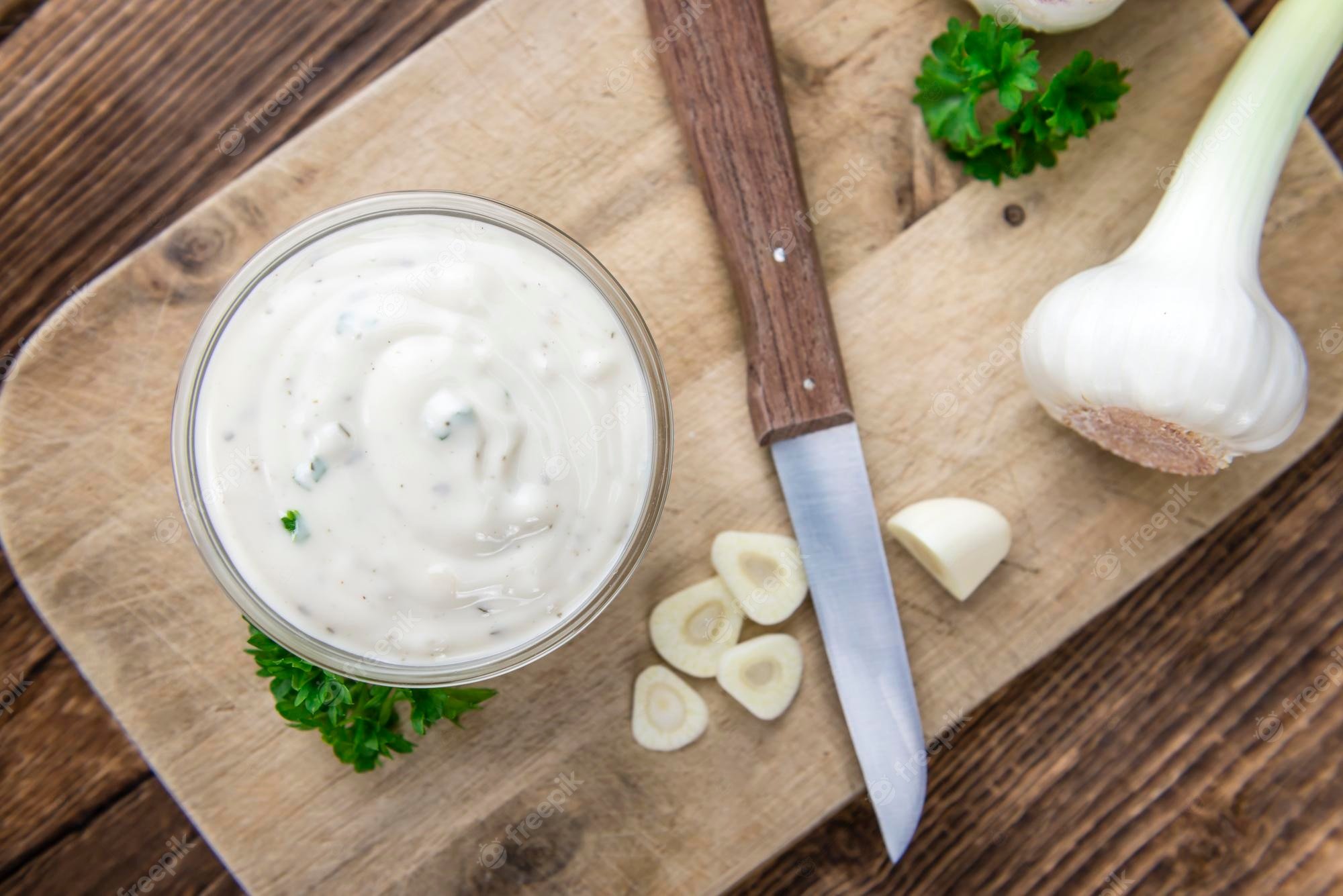
Contents
- 1 Introduction
- 2 Is Tartar Sauce Safe During Pregnancy?
- 3 Moderation is Key
- 4 Craving for Tartar Sauce: Alternatives and Substitutes
- 5 Conclusion
- 6 FAQs
- 6.1 1. Can I eat tartar sauce from a fast-food restaurant during pregnancy?
- 6.2 2. Are there any specific risks associated with pickles and capers in tartar sauce?
- 6.3 3. Can I freeze homemade tartar sauce for later use during pregnancy?
- 6.4 4. Is it safe to consume tartar sauce if I have seafood allergies during pregnancy?
- 6.5 5. Are there any known benefits of capers in tartar sauce for pregnant women?
Introduction
When it comes to pregnancy, every expectant mother is concerned about making the right choices for her and her baby. One of the common questions that often arises is related to dietary choices, and in particular, the safety of consuming certain foods or condiments during pregnancy. In this comprehensive guide, we will delve into the world of tartar sauce during pregnancy. Is it safe to indulge in this creamy, tangy delight? Let’s explore.
What is Tartar Sauce?
Before we dive into the pregnancy-related aspects, it’s important to understand what tartar sauce is. Tartar sauce is a creamy condiment typically made from mayonnaise, pickles, capers, and various seasonings. It is commonly served as a dipping sauce for seafood, adding a burst of flavor to dishes like fish and chips.
Is Tartar Sauce Safe During Pregnancy?
The Ingredients Breakdown
Tartar sauce is primarily composed of mayonnaise, which contains pasteurized eggs. Concerns often arise regarding the safety of consuming raw or partially cooked eggs during pregnancy due to the risk of salmonella. However, commercially prepared mayonnaise is typically made with pasteurized eggs, which eliminates this risk.
Mercury Levels in Seafood
Another important factor to consider is the seafood often paired with tartar sauce. Some seafood, particularly large predatory fish like shark and swordfish, can contain high levels of mercury. Excessive mercury consumption during pregnancy can harm the developing nervous system of the fetus. It’s advisable for pregnant women to choose seafood options that are lower in mercury, such as shrimp or salmon, when enjoying tartar sauce.
Homemade vs. Store-Bought
When it comes to tartar sauce, there’s a difference between homemade and store-bought versions. Commercially produced tartar sauce is generally safe for consumption during pregnancy as it undergoes rigorous quality control. However, if you’re making tartar sauce at home, ensure that the eggs used are pasteurized to minimize any potential risks.
Moderation is Key
Nutritional Benefits
Tartar sauce, when consumed in moderation, can have some nutritional benefits during pregnancy. It provides a source of healthy fats from the mayonnaise and a burst of flavor from the pickles and capers. However, it’s essential to consume it as a condiment rather than the main component of your meal.
Watch the Calories
Pregnancy often brings cravings and increased appetite, but it’s crucial to watch your calorie intake. Tartar sauce, like many condiments, can be calorie-dense. Be mindful of portion sizes to avoid excessive calorie consumption.
Craving for Tartar Sauce: Alternatives and Substitutes
Yogurt-Based Sauces
If you’re concerned about the safety of mayonnaise or simply want a healthier alternative, consider yogurt-based tartar sauces. These offer a similar tangy taste but with the added benefit of probiotics.
Homemade Control
By making tartar sauce at home, you have full control over the ingredients. You can choose pasteurized eggs and opt for low-fat mayonnaise or even a vegan mayonnaise substitute.
Conclusion
In conclusion, tartar sauce can be enjoyed during pregnancy with some precautions. When indulging in this creamy condiment, opt for commercially prepared versions, watch your portion sizes, and pair it with seafood that is low in mercury. As with any food during pregnancy, moderation is key to a balanced diet that ensures the health of both the mother and the developing baby.
Now, let’s address some common questions about tartar sauce during pregnancy.
FAQs
1. Can I eat tartar sauce from a fast-food restaurant during pregnancy?
While fast-food tartar sauce is typically made with pasteurized eggs, it’s essential to be cautious about the overall quality and hygiene of the restaurant.
2. Are there any specific risks associated with pickles and capers in tartar sauce?
Pickles and capers are generally safe when consumed in moderation during pregnancy. However, excessive salt intake should be avoided.
3. Can I freeze homemade tartar sauce for later use during pregnancy?
Yes, you can freeze homemade tartar sauce in an airtight container for up to three months. Thaw it in the refrigerator before use.
4. Is it safe to consume tartar sauce if I have seafood allergies during pregnancy?
If you have seafood allergies, it’s advisable to avoid tartar sauce altogether, as cross-contamination can occur in kitchens where seafood is prepared.
5. Are there any known benefits of capers in tartar sauce for pregnant women?
Capers can provide a burst of flavor and a slight nutritional boost due to their vitamin and mineral content. However, they should be consumed in moderation.




